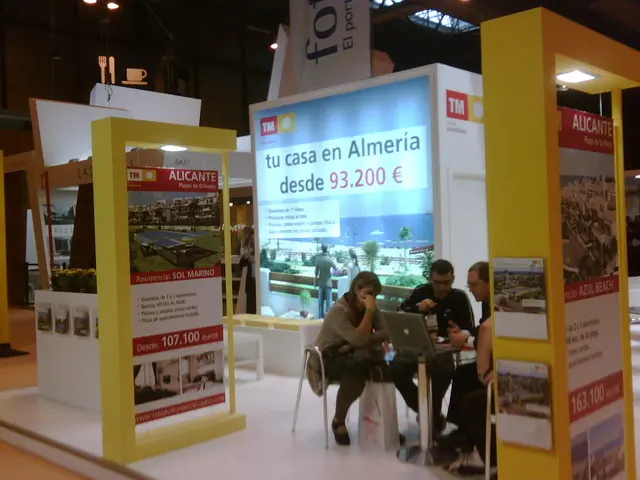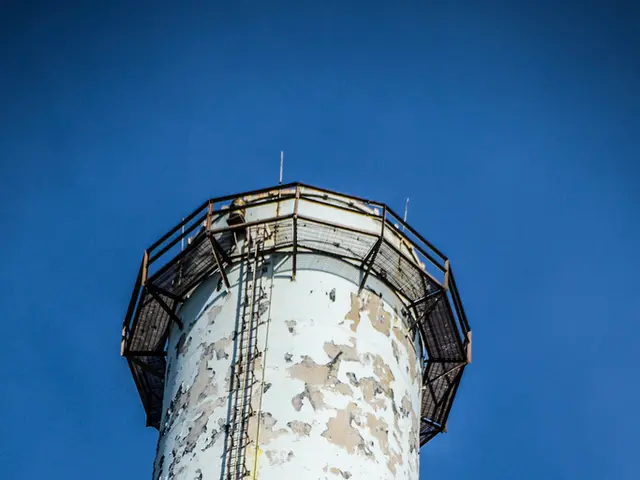Swiss Steel Giant Warns of Market Flooding as EU Tariffs Loom
Stahl Gerlafingen, Switzerland's sole producer of high-quality steel from shredded scrap for the domestic construction industry, warns of potential market flooding with cheap, non-ecological steel from third countries due to intensified EU import barriers. The company, while less affected by recent EU tariffs, fears further price pressure in Switzerland and urges swift implementation of Swiss Parliament's support measures for domestic steel production.
Stahl Gerlafingen's concerns stem from the EU's new tariffs, which could lead to a surge of cheap steel into the Swiss market. The company, which relies on quotas for exporting its quality steel to neighboring countries, fears this influx will put further pressure on prices in Switzerland. Despite these challenges, Stahl Gerlafingen has no plans to relocate its production from Switzerland to the EU.
Last year, the company shut down its profile steel production line, affecting 95 employees, which lessened its impact from EU tariffs. The company continues to receive support, with the canton of Solothurn set to provide over 4.5 million francs. The support measures passed by the Swiss Parliament aim to secure steel production and supply security, and Stahl Gerlafingen urges their swift implementation.
Stahl Gerlafingen's warnings highlight the potential impact of EU steel import barriers on the Swiss market. With no plans to relocate, the company looks to Swiss support measures to secure its future and maintain supply security. The swift implementation of these measures is crucial to mitigate the risks posed by the influx of cheap, non-ecological steel.







